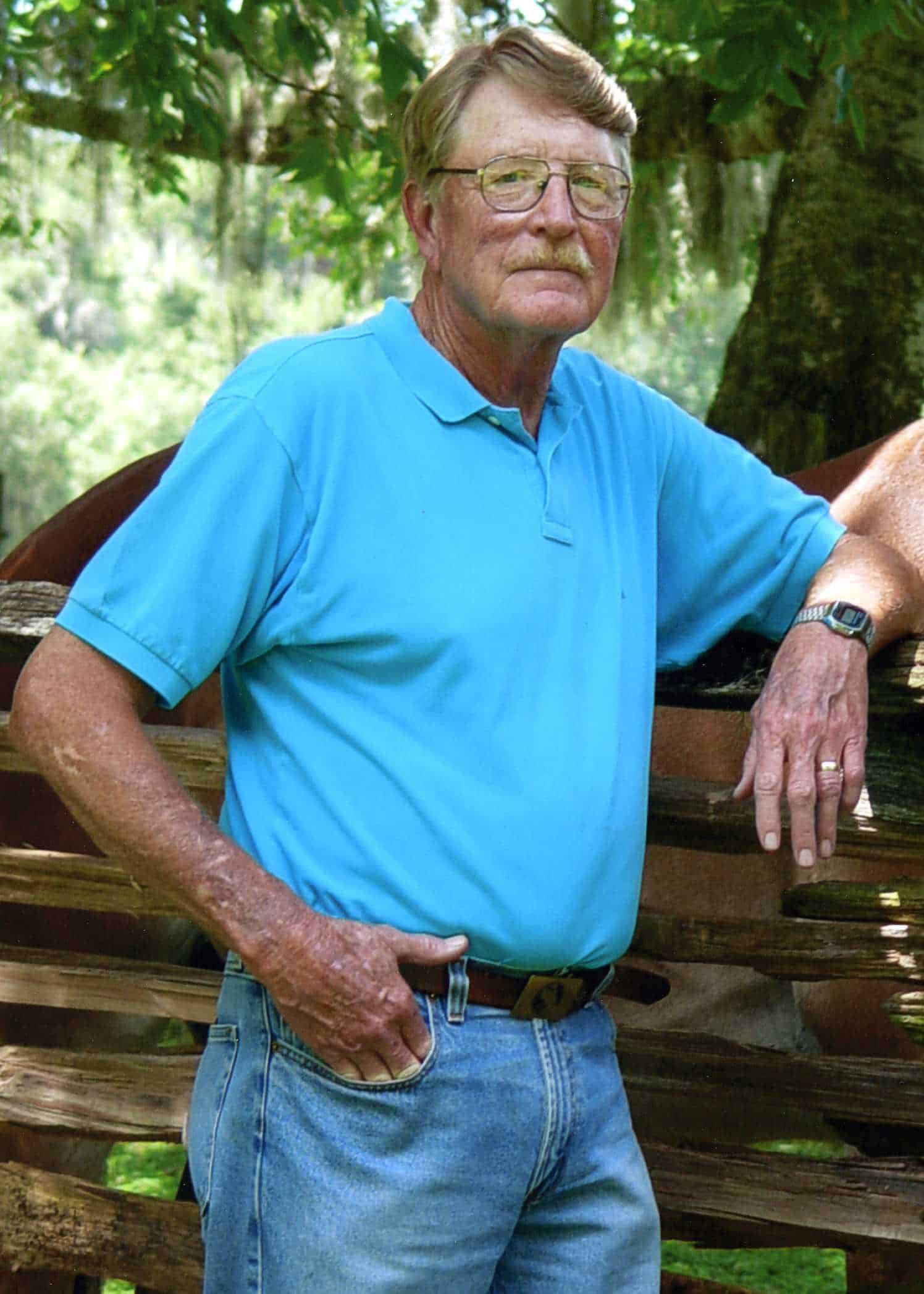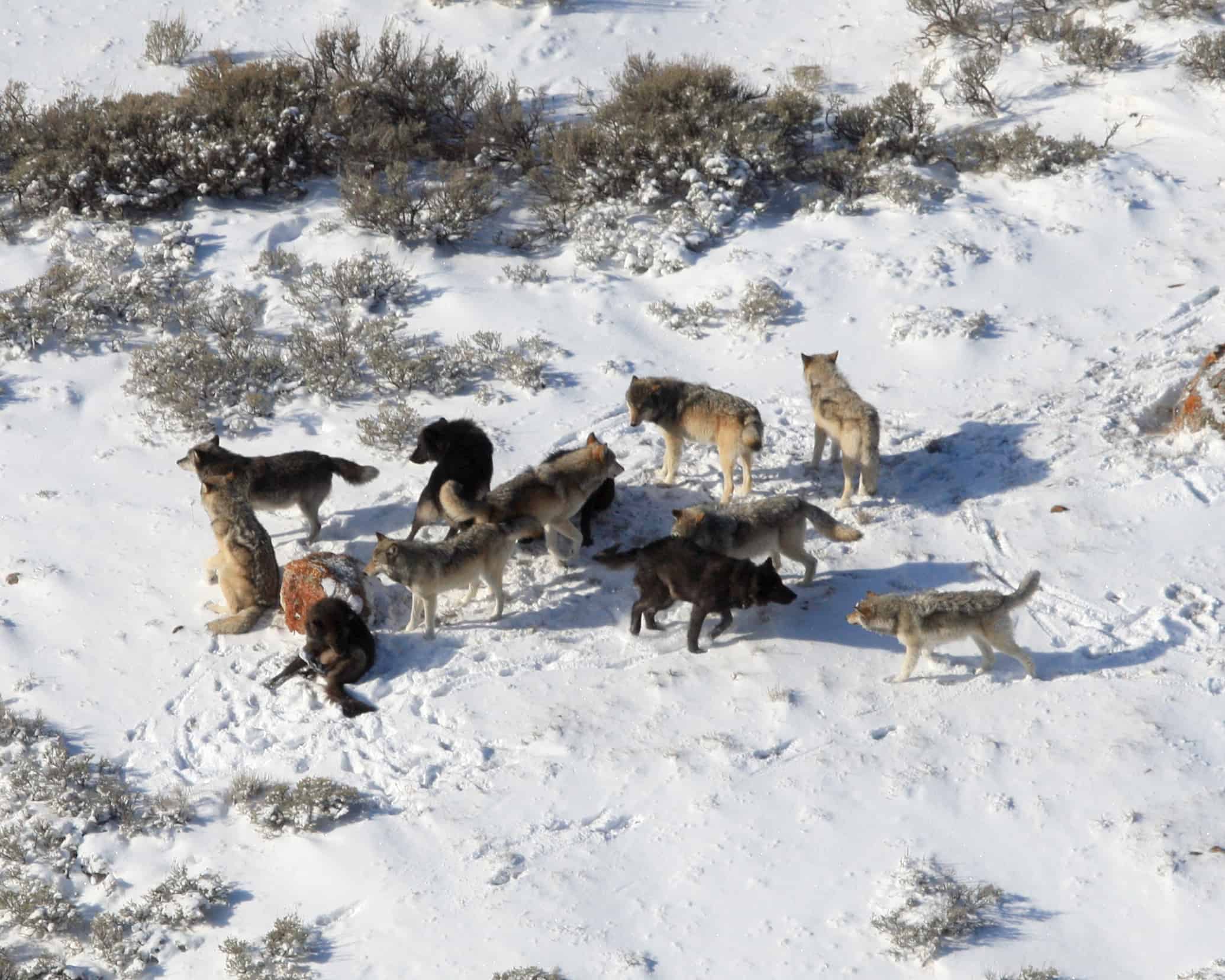Share this article
New TWS fellowship supports wildlife policy studies
The Wildlife Society has established a new fellowship to fund graduate students in pursuit of wildlife policy studies. The fellowship was made possible by a $250,000 donation from longtime TWS member Ron Labisky, an emeritus professor at the University of Florida.
“Dr. Labisky’s commitment to support advanced studies in wildlife policy is visionary,” said TWS President Gordon Batcheller. “This is a significant initiative to help ensure that sound science informs critical wildlife conservation policy decisions.”
The Ronald F. Labisky Graduate Fellowship in Wildlife Policy will provide a $10,000 annual stipend for a student to pursue a master’s or doctoral degree with a goal of pursuing policies to safeguard wildlife resources.
“I have been inspired by the very generous donation to TWS by Dr. Ron Labisky,” said TWS Past President Carol Chambers, who worked with Labisky to establish the fellowship. “Support of $10,000 can do a lot for a graduate project in a year’s time, and his direction to make this opportunity available to students working in Canada, the U.S., or Mexico helps us build policy efforts across borders.”

Recipients must be full-time students enrolled in a graduate-level wildlife program at a university in the United States, Canada or Mexico and may be eligible to renew it for a second academic year. Recipients must be active members of TWS.
Labisky is a life member of TWS who first joined as an undergraduate at South Dakota State University in 1954. He received the Aldo Leopold Memorial Award in 2009, was an associate editor of the Journal of Wildlife Management and the Wildlife Society Bulletin, and has served on dozens of committees in the Society throughout his career.
“We need to get more young people interested in policy,” said Labisky, who became interested in policy early in his career before playing a leadership role in conservation policy efforts.
“I started thinking this over probably 25 or 30 years ago about the need for policy in the wildlife profession,” he said. “So I just kept collecting pennies and I said, ‘One day, I want to fund a fellowship in policy.’ That’s where we are today.”
Labisky said he considers TWS his “first organization” and the best avenue to ensure the funds support policy studies.
“Ron is quite a guy,” said Tom Franklin, a former TWS policy director who worked with Labisky to establish the fellowship and now chairs its candidate selection committee.
Throughout his career, Labisky was best known as a researcher on upland birds, Franklin said, yet his policy accomplishments have been striking. In the 1980s, when the federal government was poised to halt cooperative fish and wildlife research units at universities, Labisky organized his former students to write letters to members of Congress to restore funding. The effort succeeded.
“Ron came to Congress and testified on Capitol Hill about this,” Franklin said. “He was, I would say, the national leader that pulled together this coalition of wildlife biologists to get the funding restored.”
That commitment to wildlife policy helped shape the rest of Labisky’s career, he said. His donation to fund the fellowship passes it on to future generations.
“To me, this is one of the greatest contributions that a TWS member has made to the future of wildlife management—by providing this kind of personal resources to support the Society’s efforts in the profession’s future and to wildlife conservation,” Franklin said. “This could be a stimulus to help move our profession forward in this area.”
Applications are now being accepted. Click here for more about the award and how to apply.
Header Image: The 8-mile wolf pack in Yellowstone. Credit: Kira Cassidy/NPS








